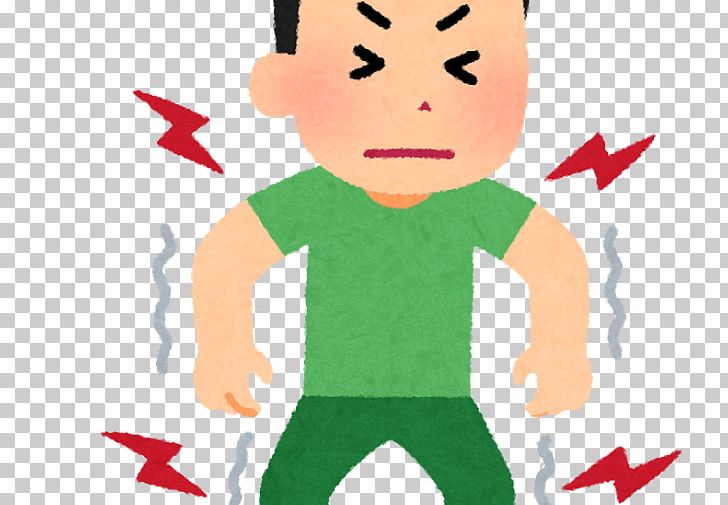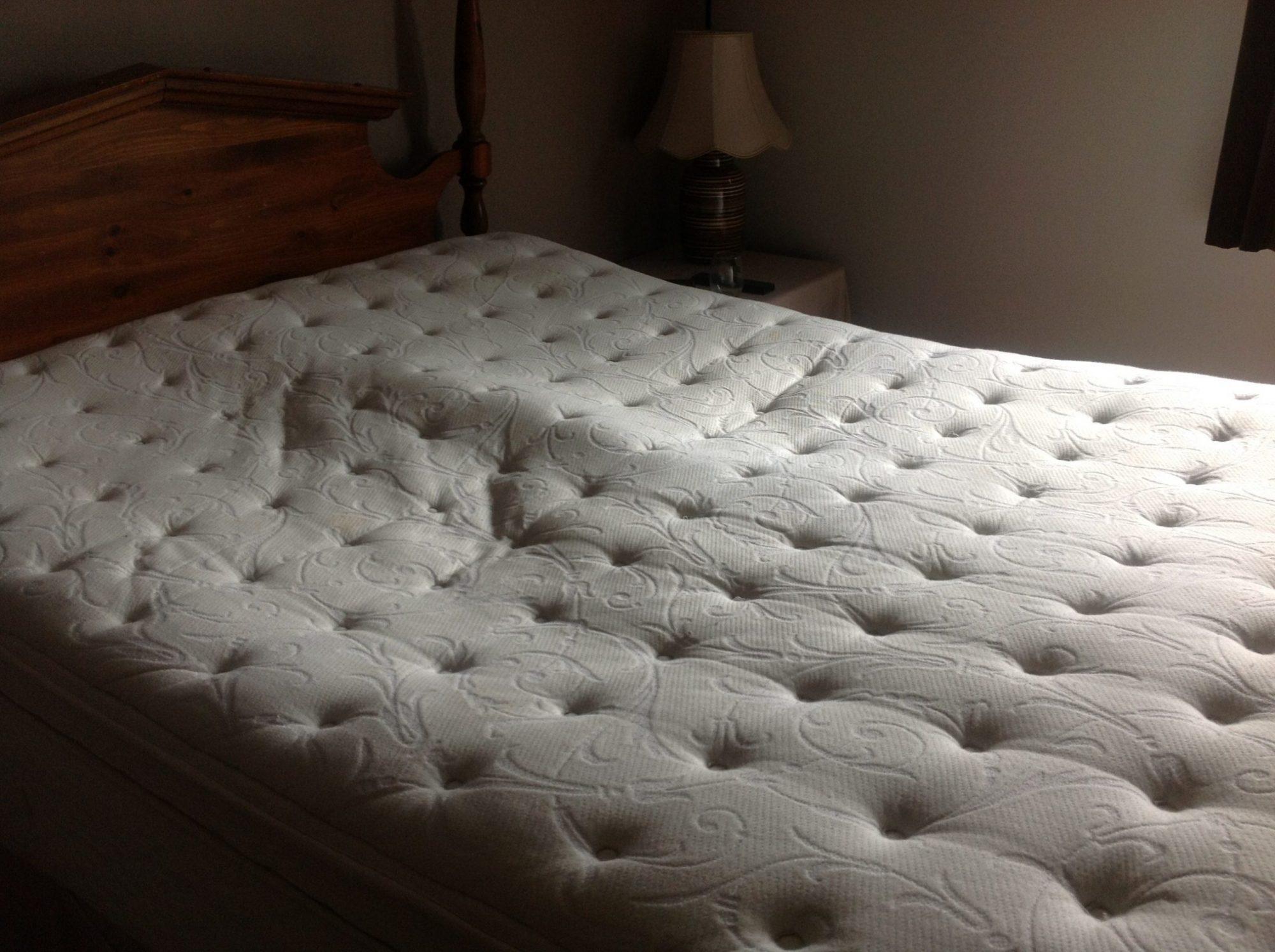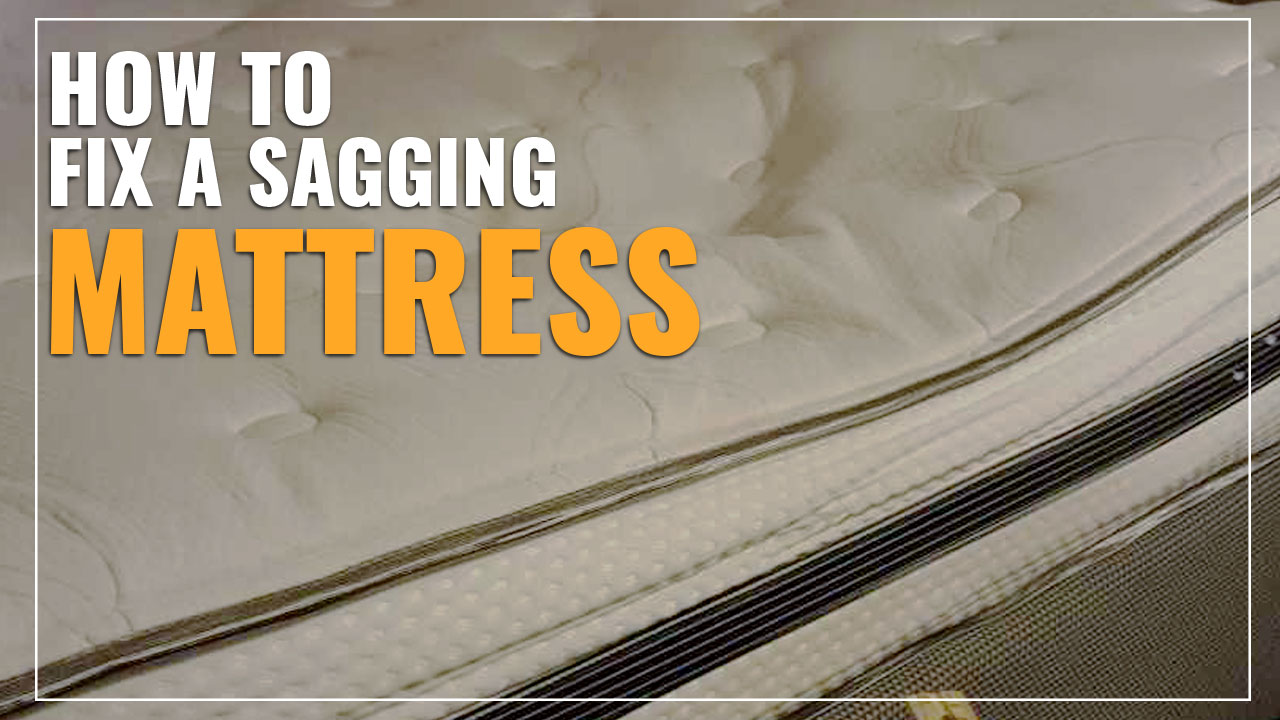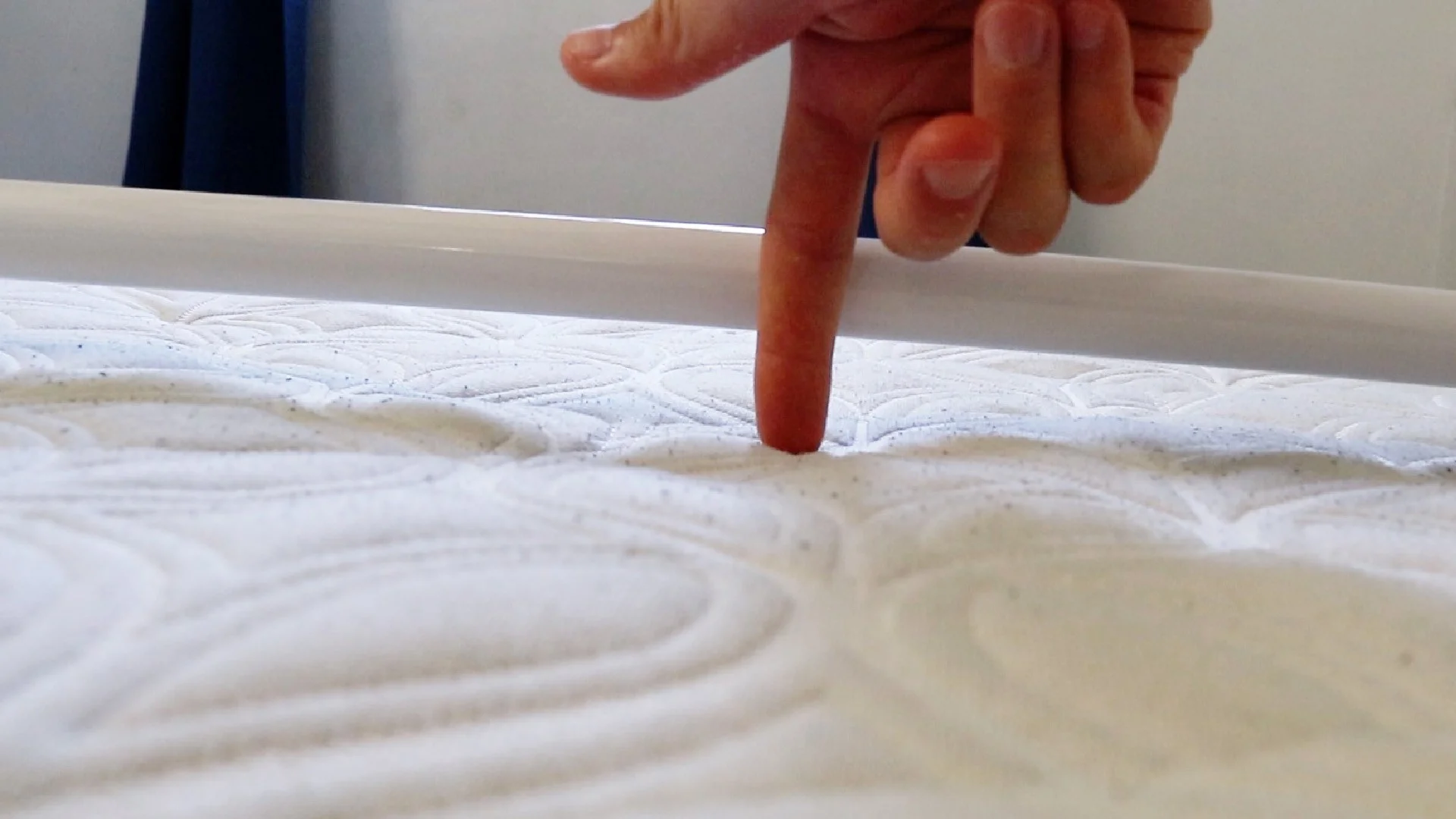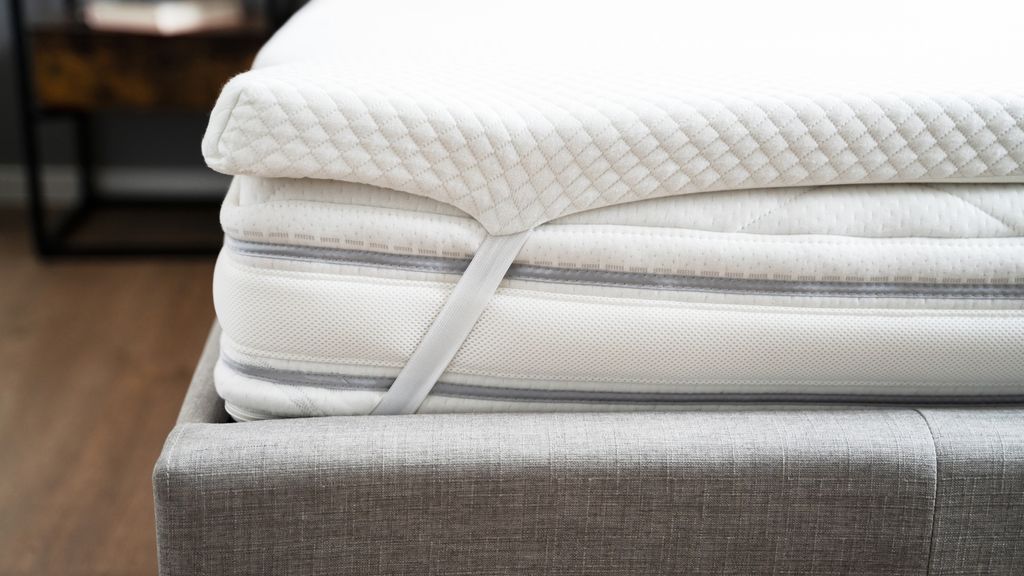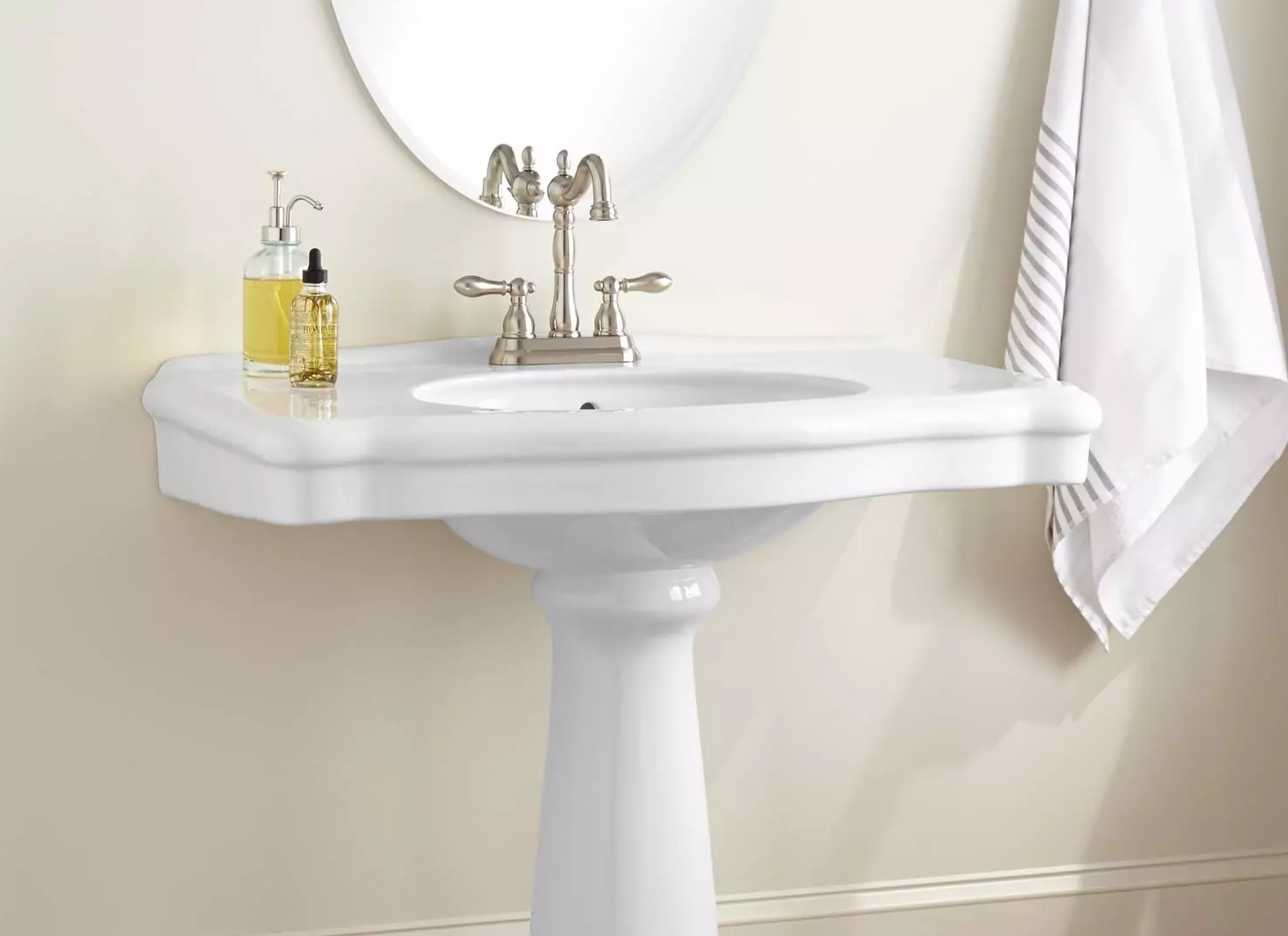1. Back pain
If you wake up with persistent back pain every morning, chances are your mattress is the culprit. A bad mattress can lack the necessary support for your spine, causing it to sink into the mattress and creating an unnatural curve in your back. This can lead to tension and strain on your muscles, resulting in pain and discomfort.
2. Neck pain
Similar to back pain, neck pain can also be caused by a bad mattress. If your mattress is too firm, it can put pressure on your neck and shoulders, leading to stiffness and soreness. On the other hand, a mattress that is too soft can cause your neck to sink in, misaligning your spine and causing strain on your neck muscles.
3. Shoulder pain
If you often wake up with shoulder pain, your mattress may be to blame. A bad mattress can cause pressure points on your shoulders, especially if you sleep on your side. This can lead to discomfort and stiffness in your shoulders, making it difficult to move and causing pain throughout the day.
4. Hip pain
Just like your shoulders, your hips can also experience pressure points and discomfort from a bad mattress. If your mattress is too firm, it can put too much pressure on your hips, causing them to sink in and putting strain on your hip joints. This can lead to pain and discomfort, making it difficult to find a comfortable sleeping position.
5. Numbness or tingling in limbs
If you wake up with numbness or tingling in your arms, legs, or other limbs, your mattress may be causing poor circulation. A bad mattress can restrict blood flow in certain areas, leading to a tingling or numb sensation. This can be a sign of a mattress that is too firm or too soft, causing pressure points and restricting blood flow.
6. Restless sleep
Do you find yourself tossing and turning throughout the night? This could be a sign that your mattress is not providing the right level of comfort and support. A bad mattress can make it difficult to find a comfortable position, causing you to constantly shift and move throughout the night in search of relief.
7. Waking up feeling tired
If you consistently wake up feeling tired and unrested, it could be due to your mattress. A bad mattress can disrupt your sleep and prevent you from getting the deep, restorative sleep your body needs. This can leave you feeling fatigued and groggy in the morning, even if you have slept for a full 8 hours.
8. Soreness or stiffness in muscles
If you experience soreness or stiffness in your muscles, particularly in your back, neck, or shoulders, your mattress may be the culprit. A bad mattress can put strain on your muscles, causing them to tense up and become sore. This can make it difficult to move and can lead to ongoing discomfort and pain.
9. Difficulty falling or staying asleep
A bad mattress can also cause difficulty falling or staying asleep. If your mattress is uncomfortable or causing pain, it can be difficult to relax and fall asleep. Additionally, if your mattress lacks proper support, you may find yourself waking up throughout the night as your body tries to find a more comfortable position.
10. Visible sagging or lumps in mattress
If your mattress is visibly sagging or has lumps, it is a clear sign that it is time for a replacement. A bad mattress can lose its shape and support over time, leading to visible indentations and unevenness. This can make it uncomfortable to sleep on and can cause various sleep issues, leading to a poor night's rest.
If you are experiencing any of these signs of sleeping on a bad mattress, it may be time to invest in a new one. Remember, a good quality mattress is essential for a good night's sleep and for your overall health and well-being.
The Importance of a Good Mattress for Quality Sleep

Unpacking the Issue of Sleeping on a Bad Mattress
1. Waking up with Back Pain
 One of the most common signs of a bad mattress is waking up with back pain.
A mattress that is too soft or too firm can cause misalignment of the spine, resulting in back pain.
This can also lead to muscle stiffness and soreness in the morning. If you find yourself constantly waking up with back pain, it may be a sign that your mattress is not providing enough support.
One of the most common signs of a bad mattress is waking up with back pain.
A mattress that is too soft or too firm can cause misalignment of the spine, resulting in back pain.
This can also lead to muscle stiffness and soreness in the morning. If you find yourself constantly waking up with back pain, it may be a sign that your mattress is not providing enough support.
2. Tossing and Turning Throughout the Night
 Another tell-tale sign of a bad mattress is constantly tossing and turning throughout the night.
A good mattress should provide proper support and comfort, allowing you to stay in one position throughout the night.
If you find yourself constantly shifting and adjusting your position, your mattress may be the culprit.
Another tell-tale sign of a bad mattress is constantly tossing and turning throughout the night.
A good mattress should provide proper support and comfort, allowing you to stay in one position throughout the night.
If you find yourself constantly shifting and adjusting your position, your mattress may be the culprit.
3. Allergies and Respiratory Problems
 An old and worn-out mattress can also contribute to allergies and respiratory problems.
Over time, mattresses can collect dust, dirt, and other allergens that can trigger allergies and respiratory issues such as asthma and coughing.
If you find yourself constantly waking up with a stuffy nose or having difficulty breathing, it may be time to consider replacing your mattress.
An old and worn-out mattress can also contribute to allergies and respiratory problems.
Over time, mattresses can collect dust, dirt, and other allergens that can trigger allergies and respiratory issues such as asthma and coughing.
If you find yourself constantly waking up with a stuffy nose or having difficulty breathing, it may be time to consider replacing your mattress.
4. Visible Signs of Wear and Tear
 Sometimes, the signs of a bad mattress are visible.
If your mattress is sagging, lumpy, or has visible dips and indentations, it may be time to replace it.
These signs indicate that the mattress is no longer providing proper support and can cause discomfort and disrupted sleep.
Sometimes, the signs of a bad mattress are visible.
If your mattress is sagging, lumpy, or has visible dips and indentations, it may be time to replace it.
These signs indicate that the mattress is no longer providing proper support and can cause discomfort and disrupted sleep.









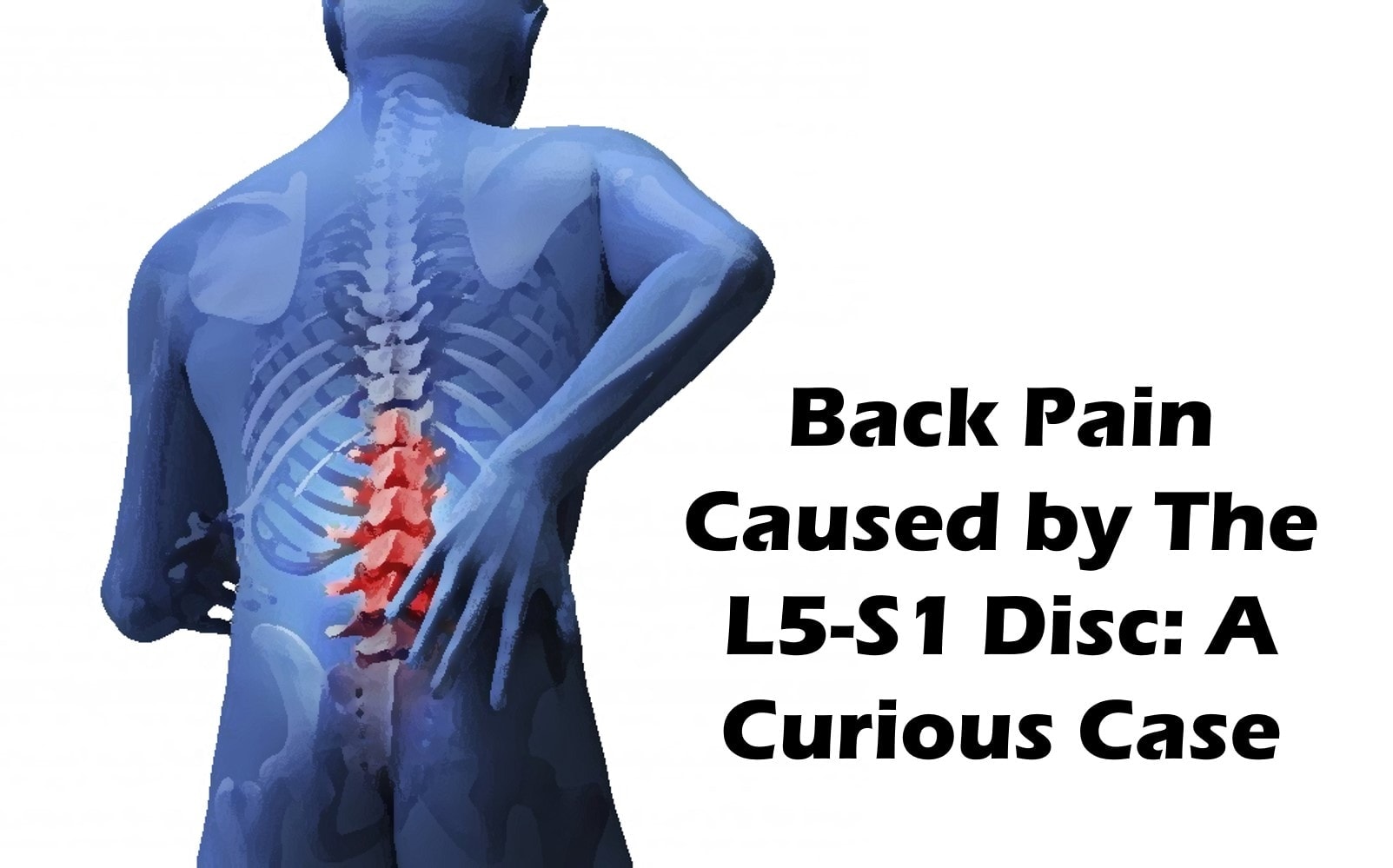













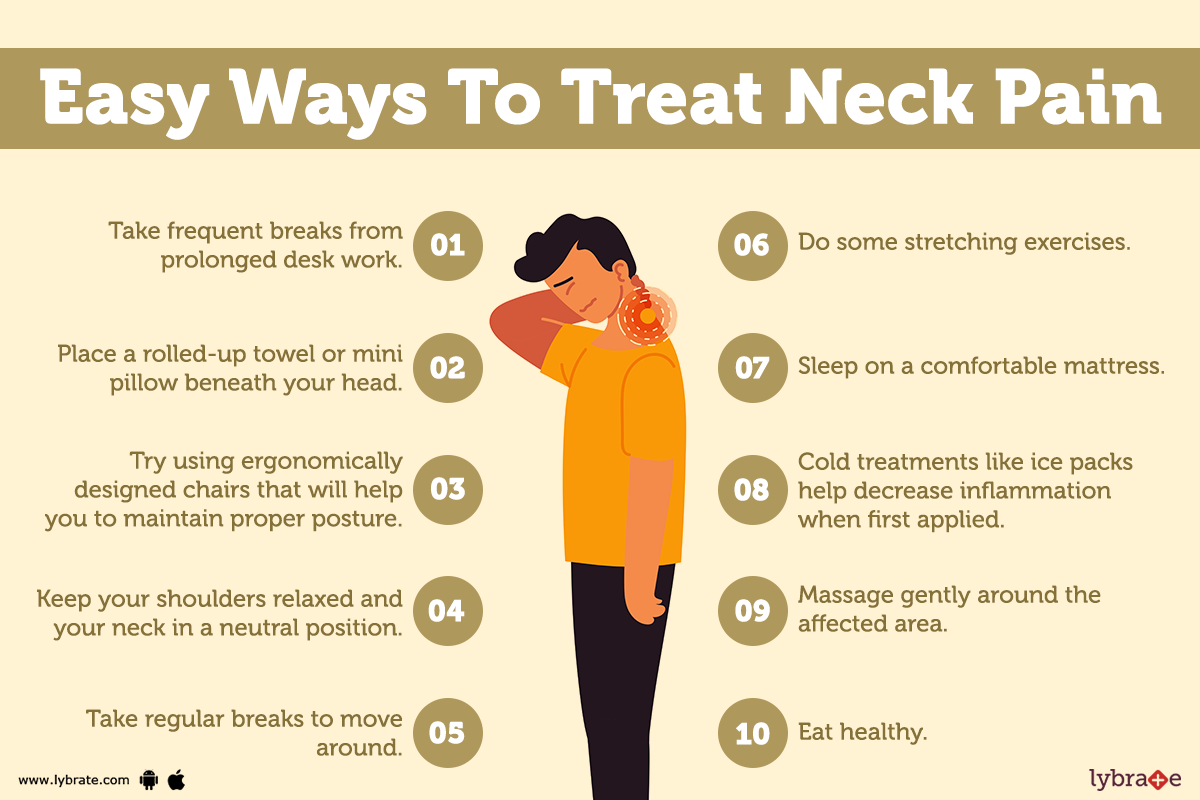
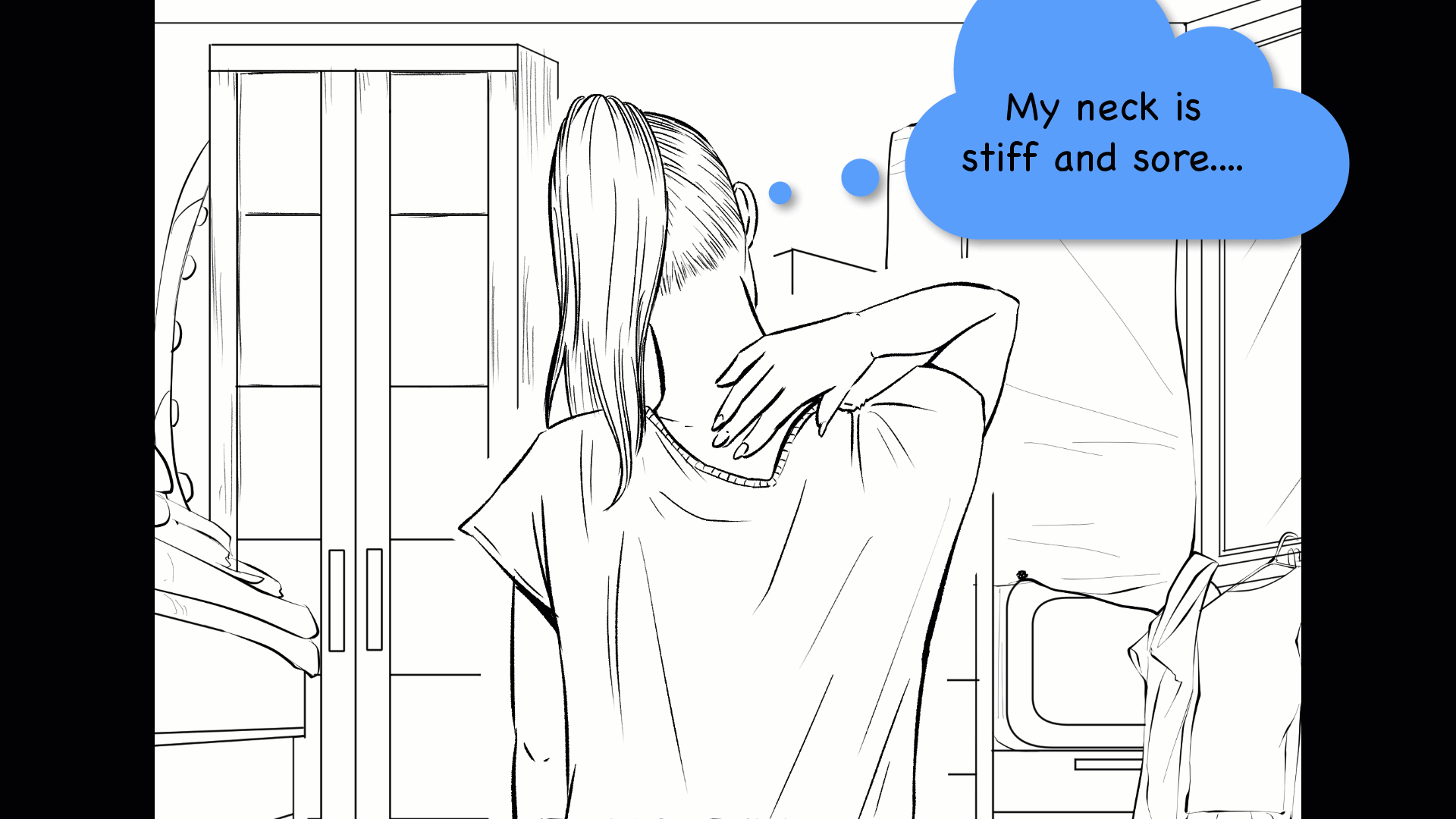
/shoulder-pain-56a82a0b3df78cf7729cb497.jpg)








:max_bytes(150000):strip_icc()/shoulder_pain_medreview-01-5c3b9f8546e0fb0001bdeaaa-d0a4923b7a3d441fb12d992c454a8ca7.png)



















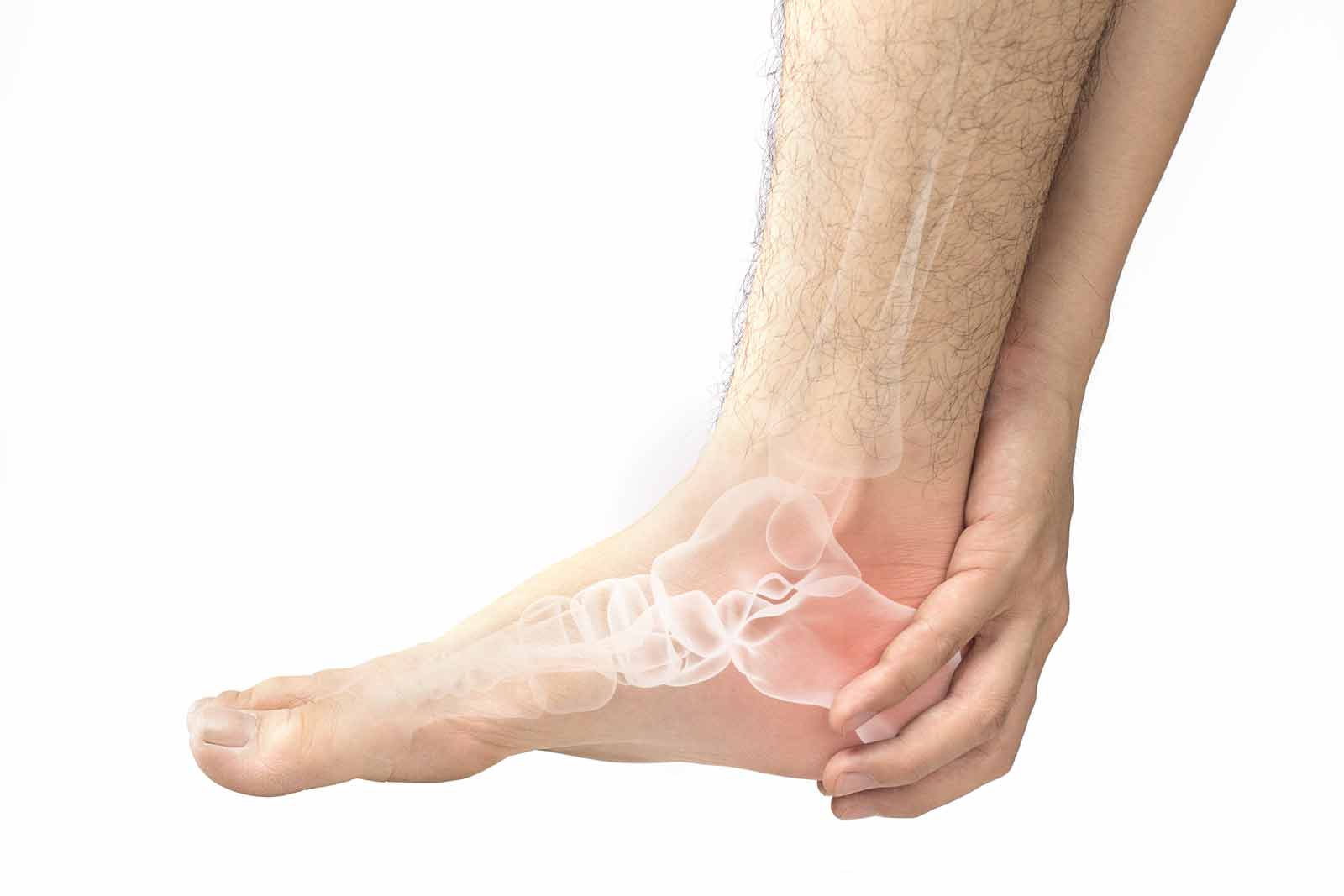





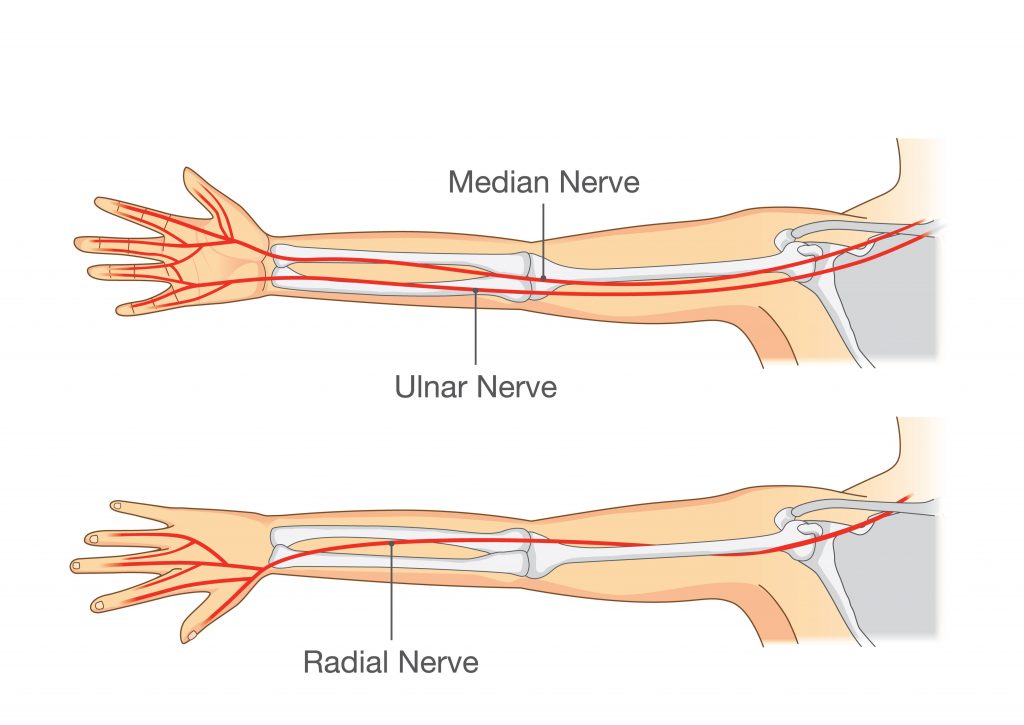





:max_bytes(150000):strip_icc()/GettyImages-1403985944-f4a206c0802440a29215356abf769fab.jpg)
























